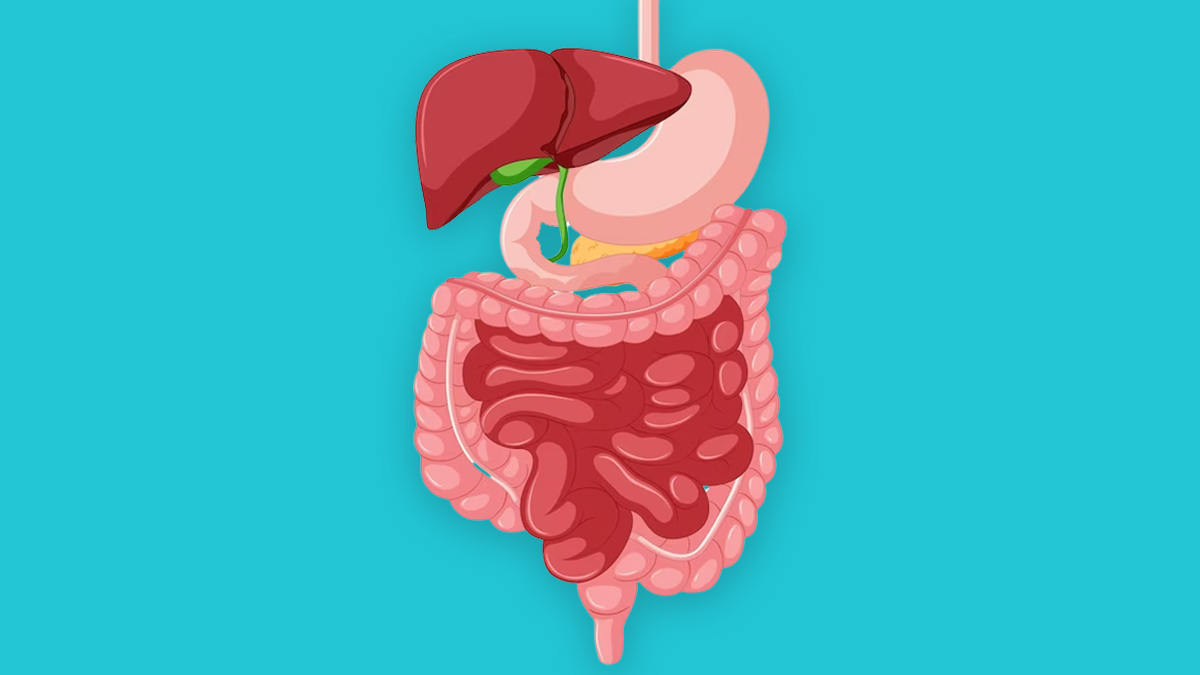
Your gut is more than just a part of your digestive system; it's a remarkable indicator of your overall health. It has a way of communicating with you, often loudly and clearly, when you're not feeding it what it needs. In an interaction with OnlyMyHealth, Dr Ganesh Chaudhary, Bachelor of Ayurvedic Medicine and Surgery (BAMS), PHC, Darbhanga, Bihar, explained about the signs that our gut indicates when we eat something unhealthy.
Table of Content:-
Bloating and Gas
One of the most common signs of an unhealthy diet is bloating and excessive gas. If you find yourself feeling uncomfortably full and gassy after meals, it could be due to foods that are difficult for your gut to digest, such as processed foods, certain dairy products, or carbonated beverages.
According to the journal Nutrients, a high diet in sugar can result in increased inflammation throughout the body. Inflammation has been linked to a number of disorders.
Irregular Bowel Movements
Your bowel movements can reveal a lot about your diet. Diarrhoea, constipation, or frequent changes in your stool consistency can be signals that your gut is struggling with the foods you're eating. Fibre-rich foods and plenty of water can help regulate your digestive system.
Also read: Why Is the Gut Called Our Second Brain? Read on To Know
Acid Reflux and Heartburn
If you frequently experience acid reflux or heartburn, it may be related to your diet. Spicy, fatty, and acidic foods can irritate the oesophagus and lead to these uncomfortable symptoms.

Food Cravings
Strong cravings for sugary, salty, or highly processed foods can indicate an unhealthy diet. These cravings are often triggered by imbalances in your gut microbiome caused by poor dietary choices.
Mood Swings and Irritability
Believe it or not, your gut health is closely connected to your mood. An unhealthy diet can disrupt the balance of beneficial bacteria in your gut, potentially leading to mood swings, anxiety, or irritability.
Skin Issues
Skin problems like acne, eczema, or rashes can sometimes be linked to an unhealthy diet. The gut-skin connection is well-established, and a diet high in processed foods and sugar can worsen skin conditions.
Also read: Healthy Gut Can Fight Against Auto-immune Diseases, Study Finds
Fatigue and Low Energy
If you often feel tired and lacking in energy, it might be due to poor dietary choices. A diet high in sugary snacks and processed foods can lead to energy crashes and fatigue.
Weight Gain
Unhealthy eating habits are a significant contributor to weight gain. Consuming excess calories, especially from sugary and fatty foods, can lead to unwanted pounds.
Your gut is an accurate indicator of your dietary choices. Listening to the signals it sends can help you make healthier dietary choices. If you observe any of these symptoms, you should reconsider your diet. You can eat entire, unprocessed foods, as well as plenty of fruits and vegetables, lean meats, and fibre-rich foods. Remember that making incremental dietary changes can result in long-term gains in your gut health and general well-being. Your gut is a strong tool for enhancing your health, not merely an indicator of it.
Also watch this video
How we keep this article up to date:
We work with experts and keep a close eye on the latest in health and wellness. Whenever there is a new research or helpful information, we update our articles with accurate and useful advice.
Current Version